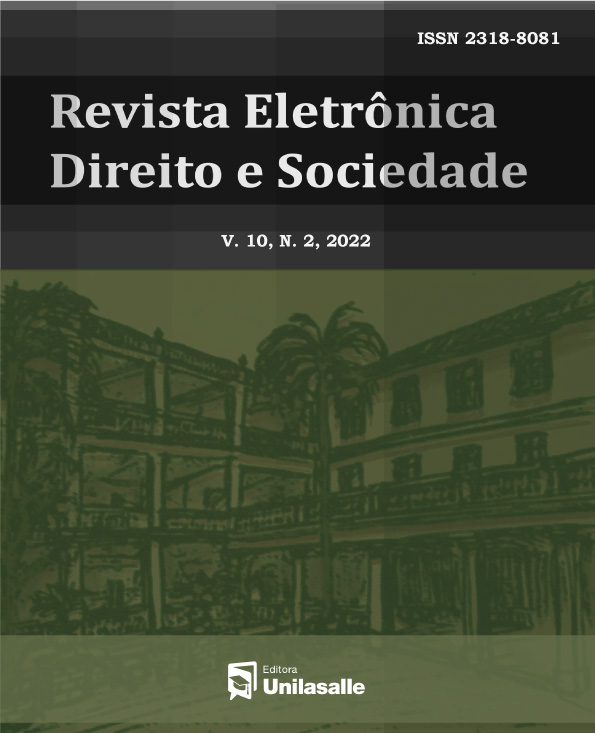El control judicial de la actividad administrativa automatizada
DOI:
https://doi.org/10.18316/redes.v10i2.10279Keywords:
Inteligencia artificial, Administración pública, Automatización, Control judicialAbstract
En un contexto de crisis sanitaria -todavía vigente-, en donde las organizaciones debieron acelerar exponencialmente sus procesos de transformación digital, y las administraciones públicas en particular, debieron transitar hacia caminos trazados en la apertura de datos por diseños y procesos gubernamentales centrados en la información, lo que llevó incluso a la utilización de técnicas de Inteligencia Artificial para el sector público, el presente trabajo busca responder al elemental interrogante respecto ¿Qué debe controlarse judicialmente en el caso de la actividad decisional administrativa automatizada? O si se prefiere ¿Qué principios debe respetar la Administración pública, de verificación por el Poder Judicial, cuando se sirve de herramientas inteligentes para el cometido de sus funciones? Así es que el trabajo ofrece -en términos generales- una serie de herramientas evaluativas que debe tener a la vista el magistrado para convalidar, o en su caso, invalidar una actuación decisoria de este tipo.
Downloads
Published
Issue
Section
License
Authors who submit their manuscripts for publication in the “REDES” Magazine agree to the following terms:
The authors claim to be aware that they retain copyright by giving “REDES” the right to publish.
The authors declare to be aware that the work submitted will be licensed under the Creative Commons Non-Commercial Attribution License which allows article sharing with acknowledgment of authorship and publication in this journal.
The authors declare to be aware that by virtue of the articles published in this journal have free public access.
The authors declare, under the penalty of the law, that the text is unpublished and original and that they are aware that plagiarism has been identified, plagiarized authors will be informed - willingly, to take legal action in the civil and criminal sphere - and, plagiarists will have their access to the magazine blocked.
The authors state that - in case of co-authoring - all contributed significantly to the research.
Authors are obliged to provide retractions and (or) corrections of errors in case of detection.
The authors are obliged not to publish the text submitted to “REDES” in another electronic journal (or not).
The Electronic Journal Law and Society - REDES - is licensed under a Creative Commons License. Attribution-NonCommercial 4.0 International.Based on work available at "http://revistas.unilasalle.edu.br/index.php/redes/about/submissions#copyrightNotice".
Permissions in addition to those granted under this license may be available at http://creativecommons.org/.

